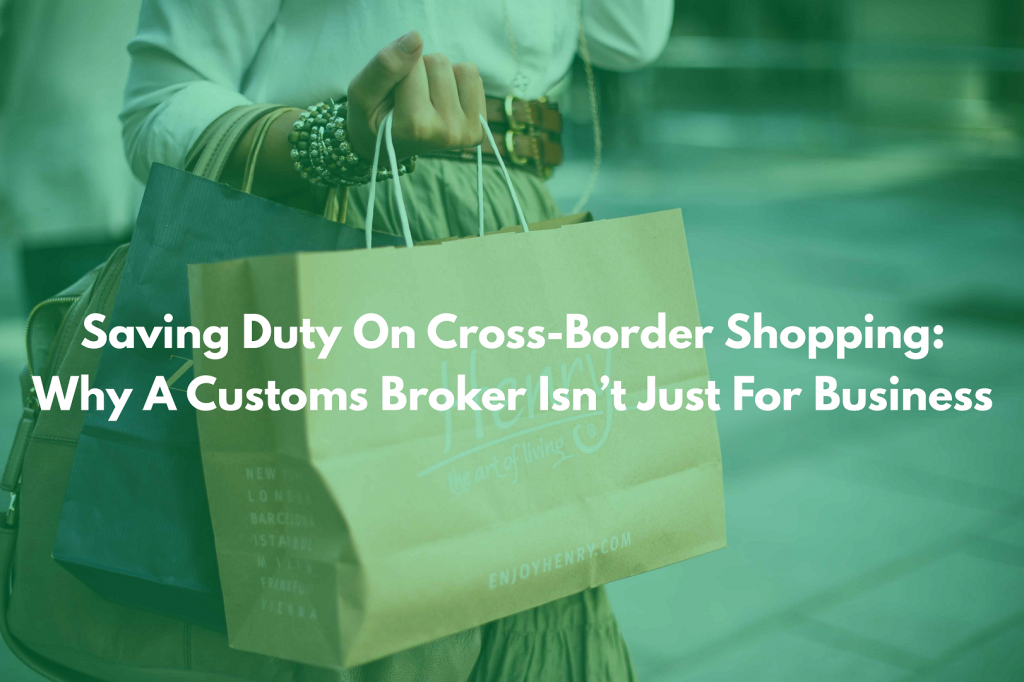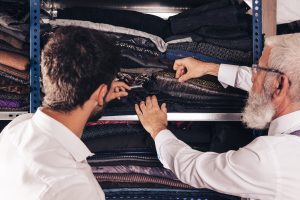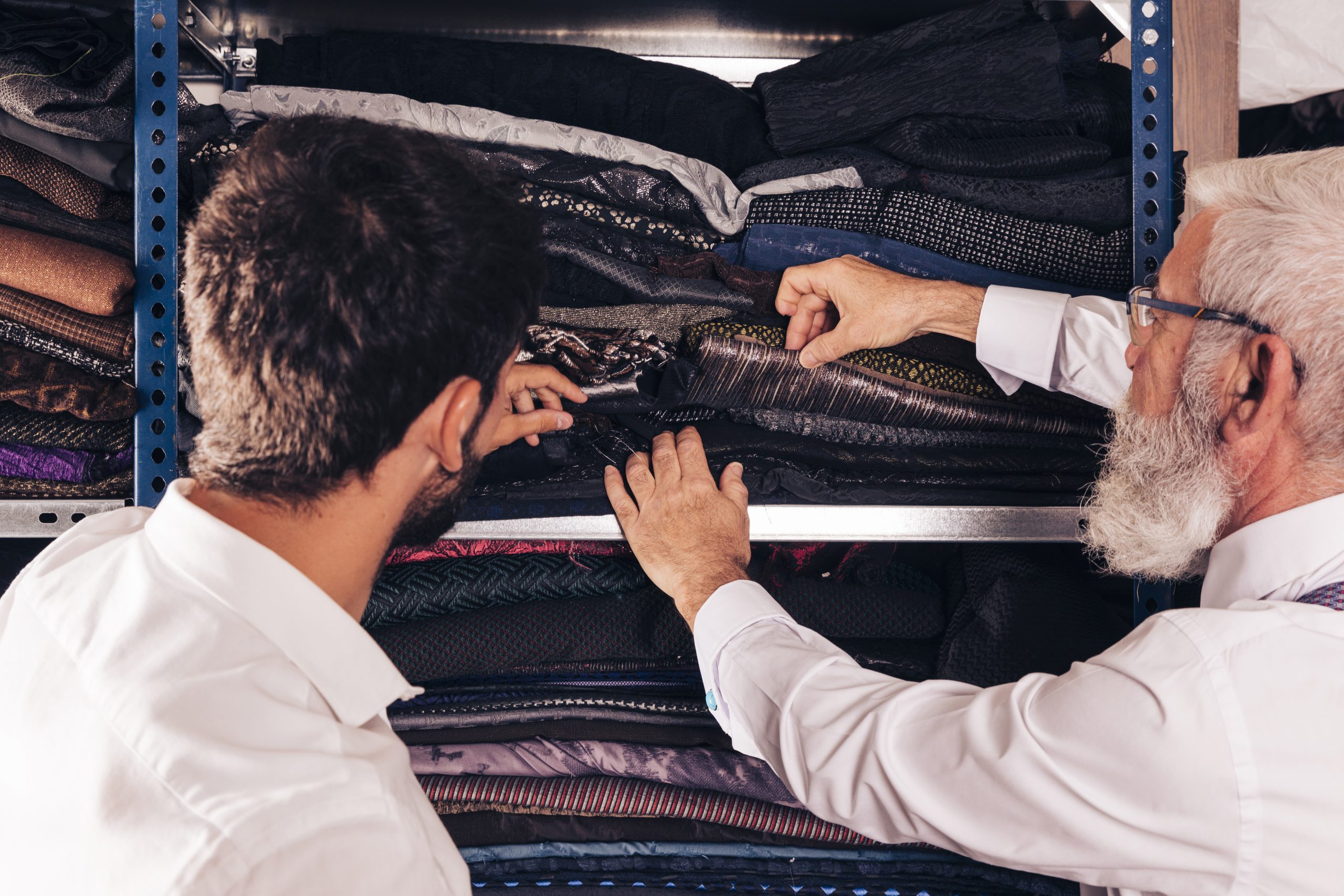There’s no denying that Americans love to engage in cross-border shopping. This is especially true in recent years with the U.S. dollar being much stronger than its international counterparts, such as the Canadian dollar.
According to the Huffington Post, in a study conducted by the National Bank Financial Markets in 2016, it was found that U.S. shoppers were heading north at the fastest pace in six years.
Americans frequently bring or import products across borders, seeing as they are sandwiched between Canada and Mexico. So, why should shoppers consider using a customs broker when this has been done independently for such a long time?
Shoppers Might Not Understand All Border Duties and Taxes
While bringing products like the latest hot ticket piece of technology back into the U.S. can be handled by the average shopper, some products require more intricacy in order for the process to be duty and tax free.
American who cross over to Canada for a simple day trip, for example, are given a $200 threshold before being taxed. If they spend a few days in Canada, they are allowed up to $800 each, duty and tax free. Many people will go over the limit just because the small cost on duty and tax on the items still results in a good amount of savings.
But taking a hit on smaller items or going over your limit at the duty-free shop is one thing. Bringing over bigger, more expensive items, like a car or jewelry, is a whole other situation and will require more documentation. A customs broker will be invaluable in that process, which many individuals fail to see.
Customs Brokers Are Useful For More Than Just Businesses
Shoppers can be familiar with the common duties and taxes when you reach the U.S. border, but the Customs Duty Rate is a percentage and it’ll fluctuate depending on the total purchased value of the items crossing over.
This percentage is what can really take shoppers by surprise. If you aren’t familiar with the U.S. border duties and taxes, it can significantly impact your purchase. A customs broker will help you avoid these unexpected costs though, and instead they’ll prepare you and keep you from being blindsided.
The U.S. Customs and Border Protection (CBP), like many countries, refers to the Harmonized Tariff System (HTS), which contains nearly every foreseeable shipped item. More specifically, they’ll refer to the HTS of the United States Annotated (HTSUS). By scouring this reference manual and analyzing the tariffs, brokers can judge the best shipping options during cross-border shopping.
Coming From Canada to the U.S.
If you’re using a customs broker, they’re going to need a pre-arrival processing system (PAPS) number. The PAPS number is crucial because it is used by U.S. customs as a shipping control number (SCN).
The PAPS is mainly used when imports are coming by truck — air shipments between the U.S. and Canada go through the same shipping process as air shipments from any other country. But if you’re using a truck, customs brokers will use the PAPS number to clear shipments crossing the border.
Your customs broker will be in constant communication with the trucking service used for import. All they need is the proper documentation, i.e. commercial invoice and truck waybill, along with the PAPS number in order to complete the process for you in a timely manner.
The end result of hiring a customs broker often leads to overall savings. Government rules and regulations change frequently, but brokers are knowledgeable in that regard. The customs broker handles all of the internal workings as your items are being shipped across the border, saving you from doing exhaustive government research and making sure your item clears customs without any hiccups.
For more information, and to learn how you can use a broker for cross-border purchase, contact Clearit here.






